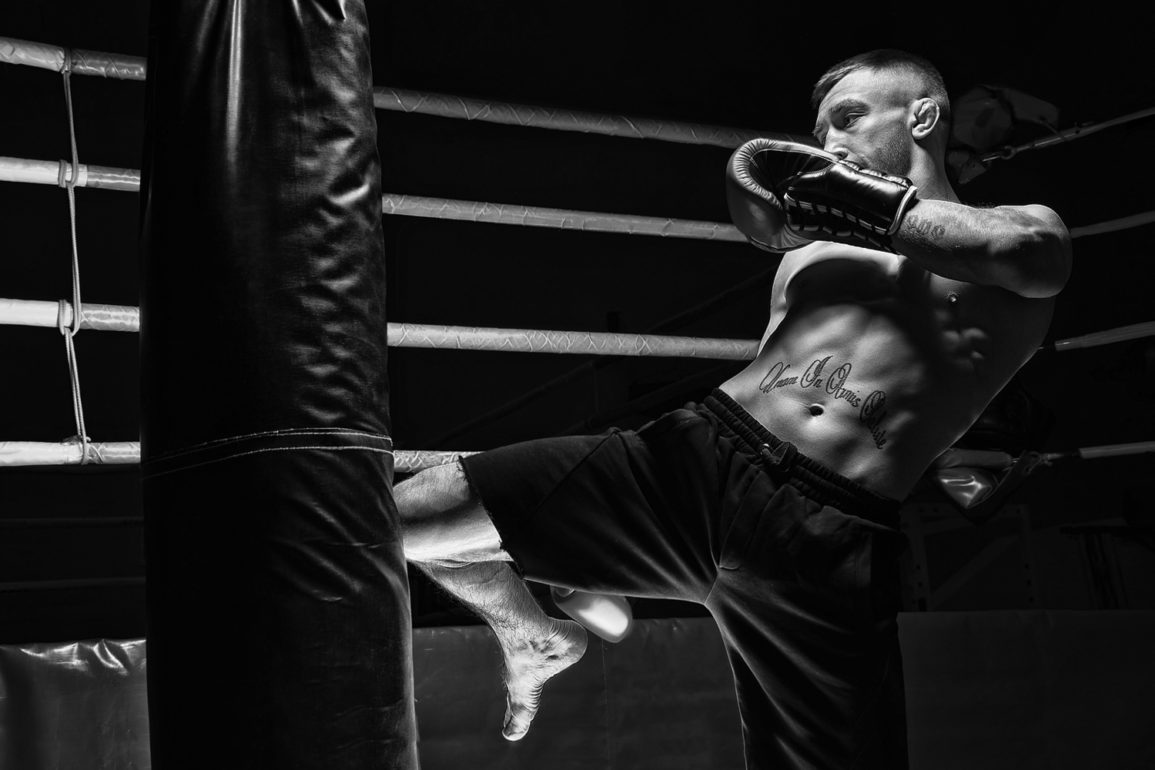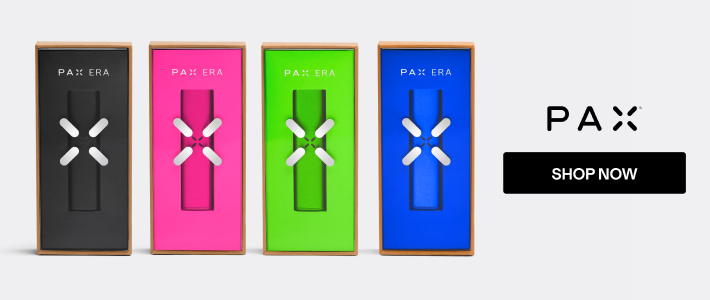TL;DR
- UFC, alongside its anti-doping partner USADA, have relaxed its policy on how cannabis consumption is handled within the sport
- Fighters with a positive test for THC will not be in violation of the policy unless proven intentional for performance-enhancement
- Fighters who are in violation and do use cannabis for performance-enhancement will likely enter into a drug rehab or therapy program, as opposed to facing harsh punishments
- All other marijuana-derived cannabinoids are now no longer prohibited
- Historically, many UFC fighters have expressed support and advocacy for cannabis — Diaz Brothers, Matt Riddle, and Ronda Rousey
- Other American sports have different rules and policies on cannabis consumption — some strict, some relaxed
The UFC and its anti-doping partner USADA have just announced major changes to its anti-doping policy in regards to marijuana consumption and how marijuana-derived cannabinoids are categorized.
Fighters who test positive for THC will no longer be in violation of the UFC’s anti-doping policy unless it’s proven beyond all reasonable doubt consumption was intentional and for performance-enhancing purposes. The good news is fighters will not be harshly punished if proven impaired right before the fight. Drug rehab or therapy programs will be offered instead.
In a statement published on UFC’s website, the company’s senior vice president for athlete health and performance Jeff Novitzky said the UFC and USADA’s decision is grounded in science. He believes there is no link between THC levels in urine or blood samples and actual cognitive/physiological impairment.
“While we want to continue to prevent athletes from competing under the influence of marijuana, and we have learned that urinary levels of carboxy-THC are highly variable after out-of-competition use and have poor scientific correlation to in-competition impairment”, he said
“THC is fat-soluble, meaning that once ingested, it is stored in fatty tissues and organs in the body and can be released back into the circulation, and consequently carboxy-THC appears in the urine, sometimes long after ingestion. It is therefore not an ideal marker in athletes to indicate in-competition impairment”, he added.
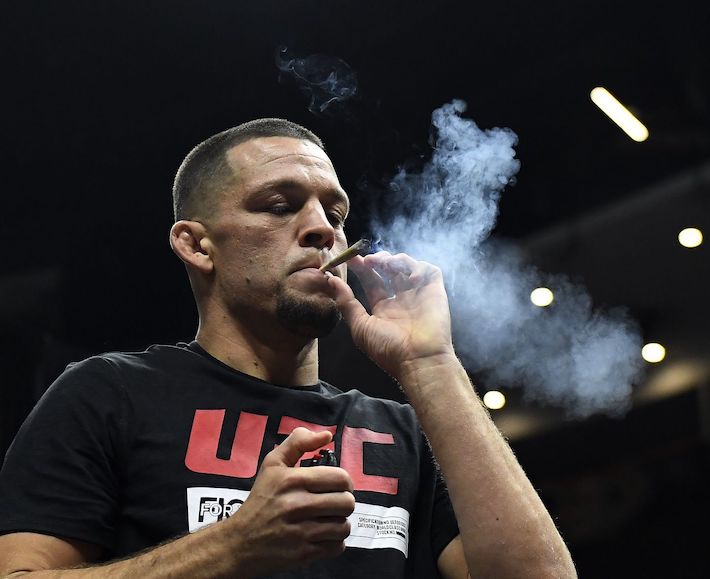
He’s right, to be honest. There isn’t a strong link here. THC can stay in the body for up to 30 days (90 days at the absolute maximum). Effects of THC, however, lasts only a couple of hours. Once effects have subsided, users continue as if intoxication and impairment had never happened, aside from a few side-effects such as temporary grogginess and fatigue.
THC isn’t known to hinder an athlete's ability, nor will it boost performance. It may, however, aid the recovery of muscle and joint pain, as well as act as a post-fight relaxation tool.
He finishes by saying: “We care about what an athlete consumed the day of a fight, not days or weeks before a fight, which has often been the case in our historic positive THC cases. UFC Athletes will still be subject to marijuana rules under various Athletic Commission regulations, but we hope this is a start to a broader discussion and changes on this issue with that group.”
Meanwhile, all other natural cannabinoids sourced from varieties of cannabis, which include cannabidiol (CBD), cannabinol (CBN), and cannabigerol (CBG), are no longer prohibited.
Many UFC fighters use hemp-derived CBD products such as CBD oils, CBD capsules, and CBD vape pens carrying these cannabinoids. Fortunately, no scientific evidence exists suggesting these compounds can improve fight performance.
We believe the only advantage hemp-derived CBD products can provide is relief from anxiety, stress, pain, and inflammation, which is particularly useful before a fight.
Cannabis advocates, supporters, and users in the UFC
Joe Rogan
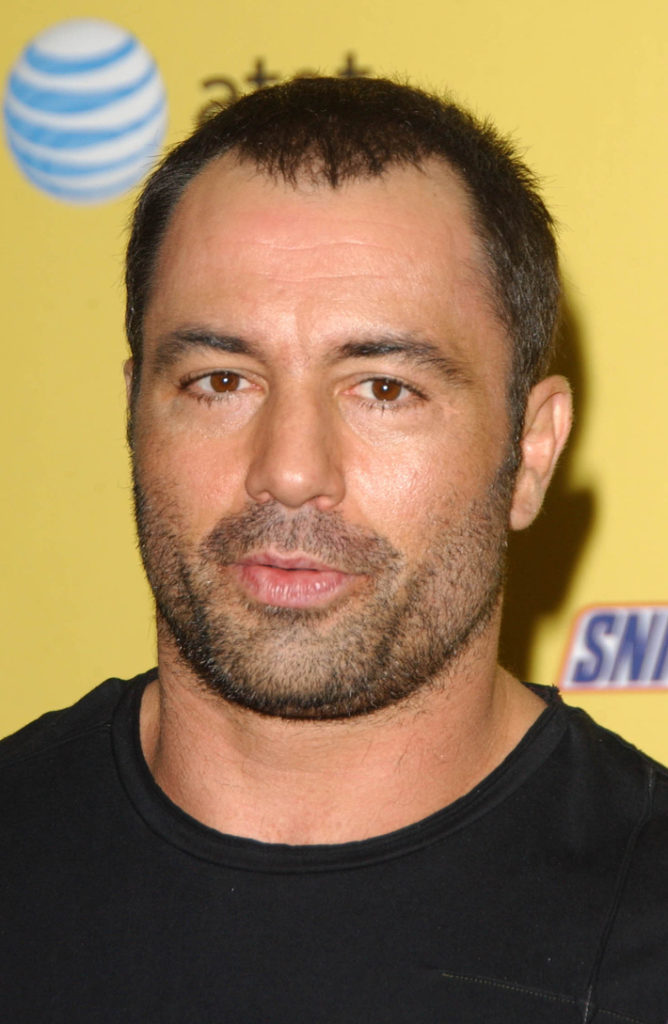
Joe Rogan, a UFC commentator-turned-prolific podcaster, uses his public exposure to heavily advocate for cannabis. His podcast The Joe Rogan Podcast includes several in-depth discussions about cannabis legalization, the use of cannabis for mental health, and the effects of high-potency marijuana. He even got Elon Musk to smoke a joint on camera. Legend. However, the podcast wasn’t Rogan’s first public venture into the world of cannabis. In 2007, he hosted a documentary named “The Union: The Business Behind Getting High” that explored marijuana use and why it’s prohibited in the United States.
Matt Riddle
The former UFC star-turned-professional wrestler is no secret admirer of cannabis. He got banned from competing in the UFC for failing a drug test twice (because of cannabis). His whole wrestling persona is based on a Cali surfer-type who enjoys sparking up a joint or two as well. The guy is practically a walking, talking cannabis plant with muscles.
The Diaz Brothers
Nick and Nate Diaz are no strangers to cannabis. Both open advocates and users of both hemp and marijuana. Nick’s cannabis consumption resulted in a five-year ban, sparking controversy among fans and other fighters alike. Nate openly smoked a hemp-derived CBD vape pen at a UFC press conference. The pair launched Game Up Nutrition in 2019, a brand centered around hemp-derived CBD products.
Ronda Rousey
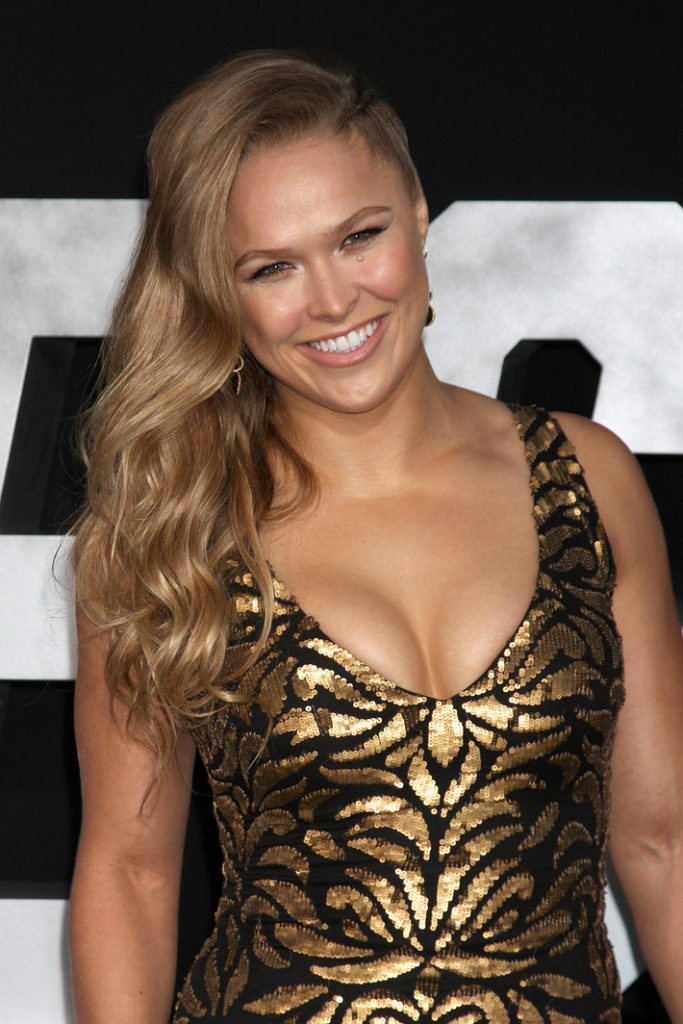
Surprised by Rousey’s cannabis advocacy? Don’t be. She’s openly supported cannabis use for years. After Nick Diaz was booted from UFC for cannabis consumption, she told interviewers he should never have been suspended in the first place, especially not for five years. She also told interviewers she’s against cannabis testing and believes weed isn’t a performance-enhancing substance. Though she’s never openly consumed hemp or marijuana, we imagine she’s sampled it a few times now she’s not active in either UFC or WWE.
How do other sports view cannabis use?
National Hockey League (NHL)
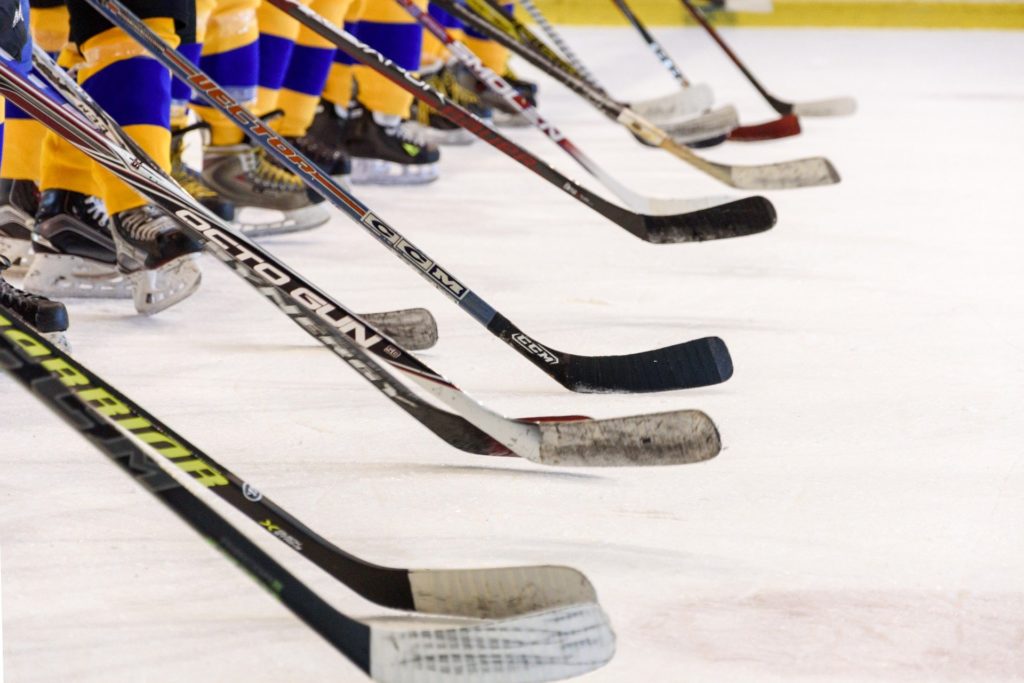
Out of the Big Four American sports leagues, the NHL has the most relaxed cannabis use and consumption policy. No surprise really. Of the 31 existing NHL teams, 28 are based in US states where marijuana is legalized either recreationally, medicinally, or both, according to ESPN. The number is most likely now higher with the recent news of other states legalizing cannabis.
CBD and THC aren’t on any prohibited substance lists. Players get randomly tested for all drugs (not just cannabis). If a player has very high levels of THC in their body, there are no harsh repercussions. The player may get sent to drug rehab or therapy, which in itself isn’t really a punishment — more a “we’re taking this very seriously but helping at the same time” kind of thing.
National Football League (NFL)
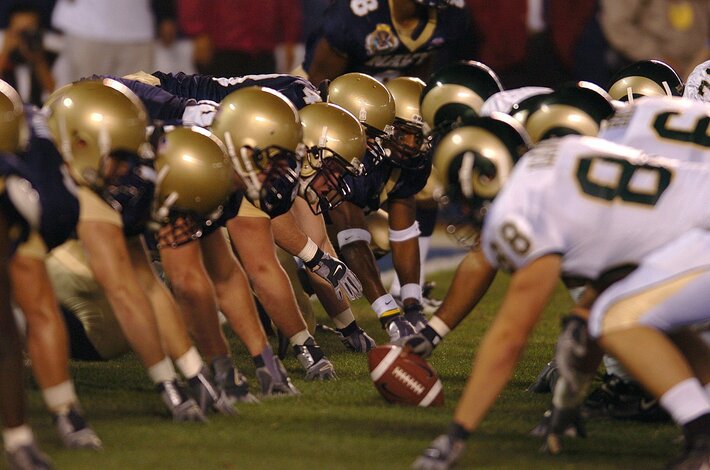
Conversely, the NFL has been notoriously strict with its cannabis use and consumption policy. Players who tested positive for THC faced lengthy suspensions (sometimes indefinitely). As of early 2020, however, the NFL relaxed its policy quite dramatically. Suspensions will not be handed out to players who test positive for cannabis. All testing will happen in the first two weeks of training camp. The level of THC needed to trigger a positive test result also increased fourfold. Players can still face fines, though this is dependent on how many times they’ve failed a drug test in the past.
National Basketball Association (NBA)
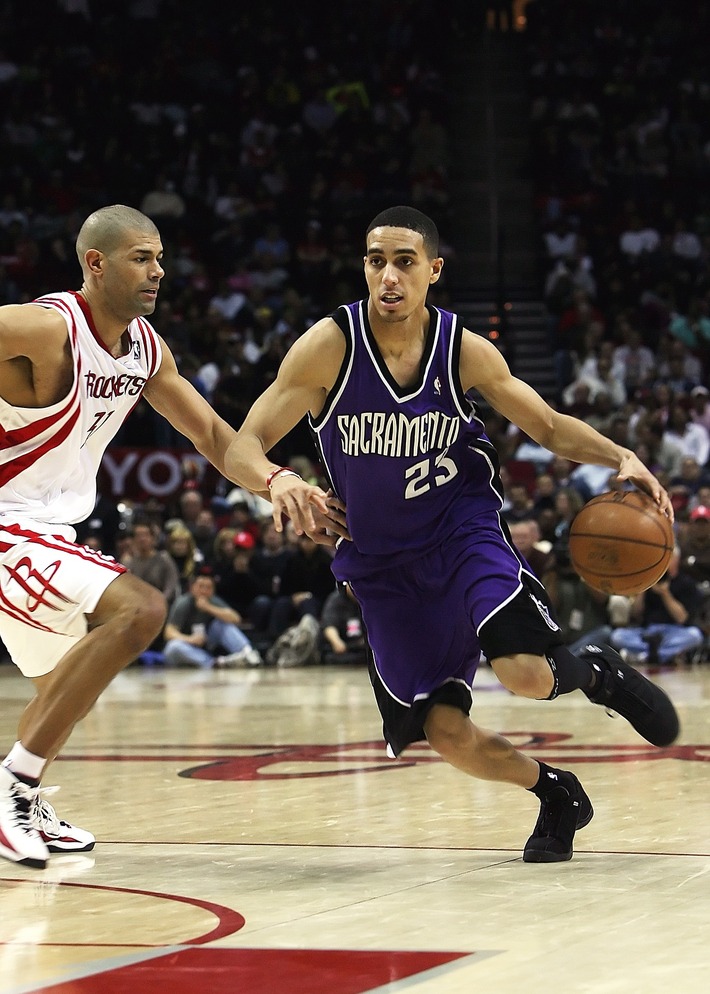
The NBA places marijuana and its compounds on the prohibited substances list. Players can be fined or suspended if a test result comes back positive. The fines are usually quite significant and the suspensions are typically lengthy. However, the league has said next year no players will be randomly tested for cannabis, signaling a far more lenient approach to cannabis consumption.
Major League Baseball (MLB)
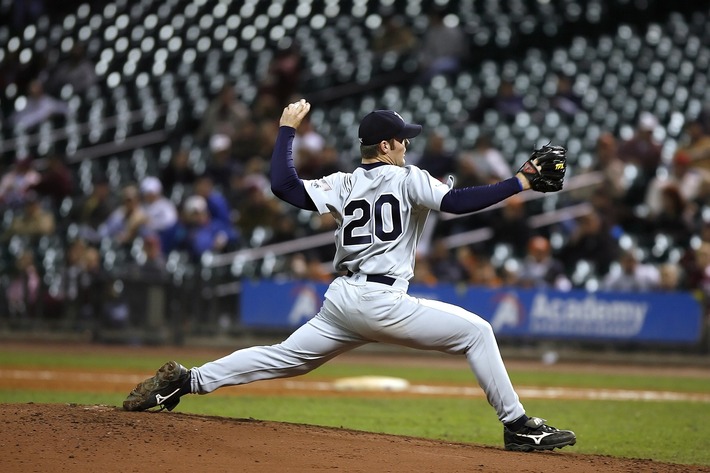
In 2019, the MLB essentially removed cannabis and its chemical compounds from its list of prohibited substances, replacing them with a multitude of different opioids to prevent “hard” drug abuse. No punishments are handed out for cannabis use or detection via drug screenings. If a player has significant THC levels in their body, the MLB will send them to a drug rehab or therapy program. If a player fails to attend the program, there are no consequences or repercussions.
Major League Soccer (MLS)
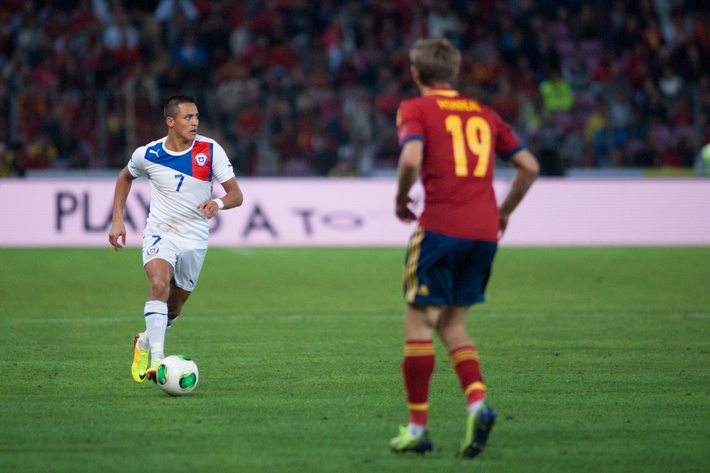
The MLS’s stance on cannabis use and consumption is vague. Its policy states illicit substances outlined by the World Anti-Doping Agency (WADA) are banned, meaning THC-rich marijuana is most certainly prohibited. There’s no specific list of substances, however. Players can be randomly tested at any time. No mention of punishment severity if tested positive. Hemp-derived CBD consumption is permitted

